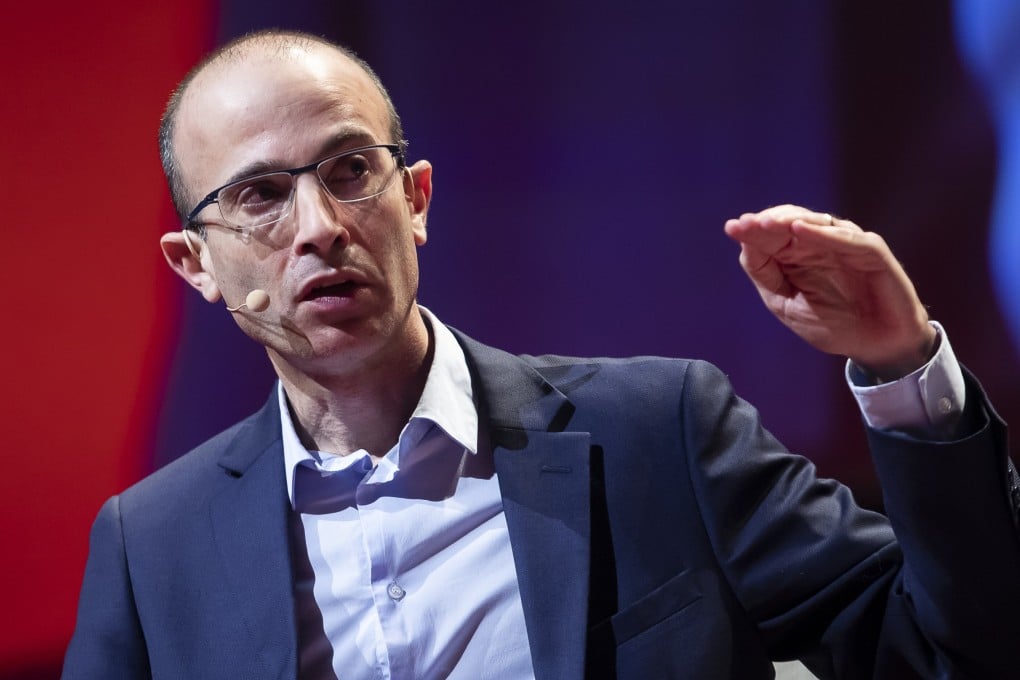Homo Deus author Yuval Harari shares pandemic lessons from past and warnings for future
- Covid-19 crisis was not inevitable natural disaster but rather human failure: Harari
- Author says we have science, wisdom and community in our favour during fight against coronavirus

Historian Yuval Harari, author of Sapiens and Homo Deus, answers questions from the South China Morning Post on how the coronavirus pandemic poses unprecedented challenges in biometric surveillance, governance and global cooperation.
Q: You wrote “if we are indeed bringing famine, plague and war under control …” in Homo Deus. Given that the spread of the coronavirus pandemic continues unabated, do you still believe mankind has largely reined in plagues?
We obviously cannot prevent the appearance of new infectious diseases. Pathogens constantly jump from animals to humans, or undergo mutations that make them more contagious and deadly than before. However, we do have the power to rein in plagues, and prevent them from killing millions and from destroying the economy.
We should compare our situation today to that in previous eras. When plagues spread in the pre-modern era, humans usually had no idea what caused them, and what could be done to stop them. They usually blamed the plague on angry gods or black magic, and the best thing they could think of doing was hold mass prayers to the gods – which often led to mass infections. When in the 14th century the Black Death killed more than a quarter of all people in Asia and Europe, humans never discovered what caused it. When in the 16th century smallpox and other epidemics killed up to 90 per cent of the native populations of America, the Aztecs, Maya and Inca had no clue why they were dying in their millions.
In contrast, when the coronavirus epidemic began, it took scientists just two weeks to identify the novel virus, sequence its genome and develop a reliable test to identify infected people. Doctors are winning the arms race with pathogens, because pathogens rely on blind mutations, while doctors rely on information. Countries can send information, experts and equipment to help one another contain the plague. Governments and banks can work out a common plan to prevent economic collapse.
However, there is one big caveat. The fact that humanity has the power to rein in plagues, does not mean it always has the wisdom to use that power well. In 2015 I wrote in Homo Deus that “while we cannot be certain that some new Ebola outbreak or an unknown flu strain won’t sweep across the globe and kill millions, we will not regard it as an inevitable natural calamity. Rather, we will see it as an inexcusable human failure and demand the heads of those responsible. … humankind has the knowledge and tools to prevent plagues, and if an epidemic nevertheless gets out of control, it is due to human incompetence rather than divine anger.”
